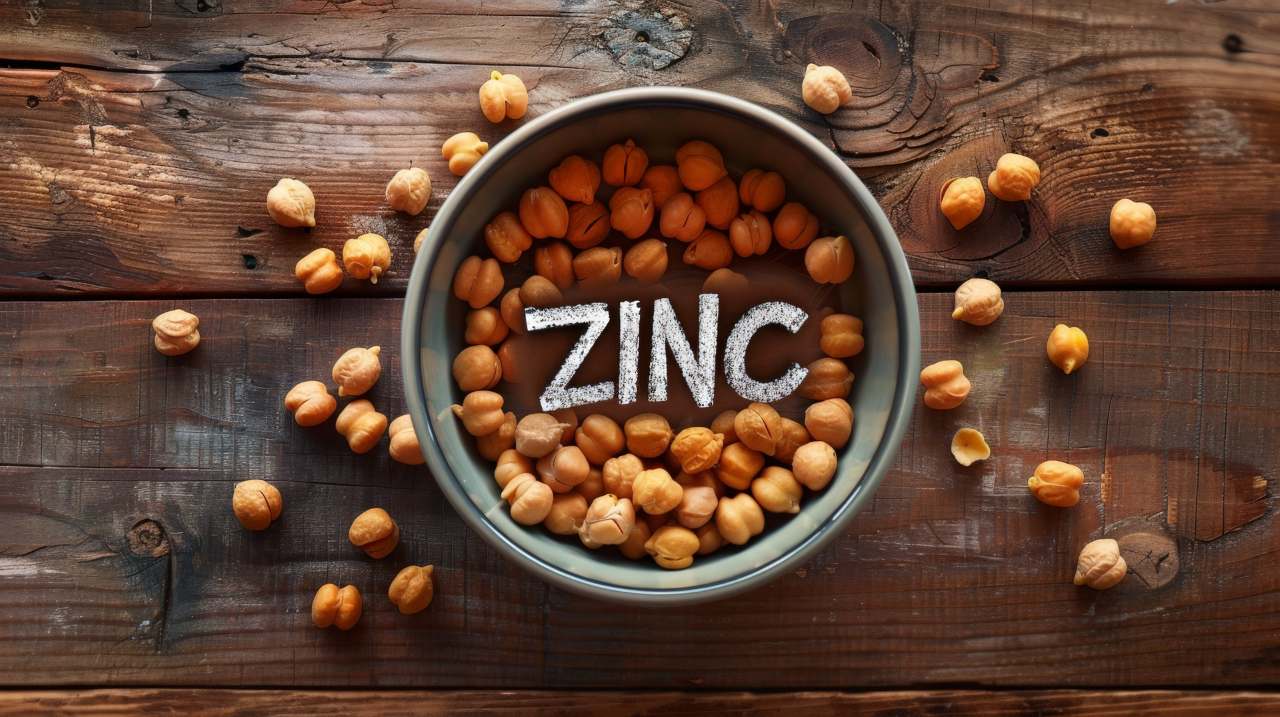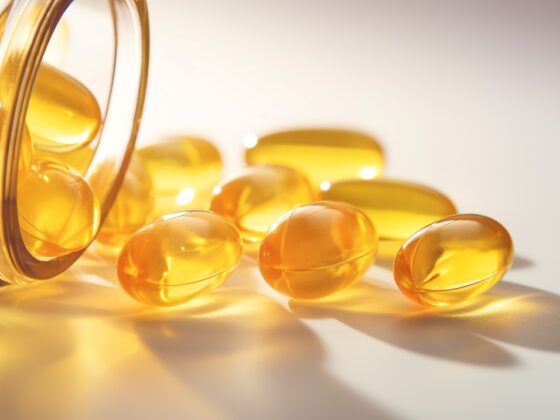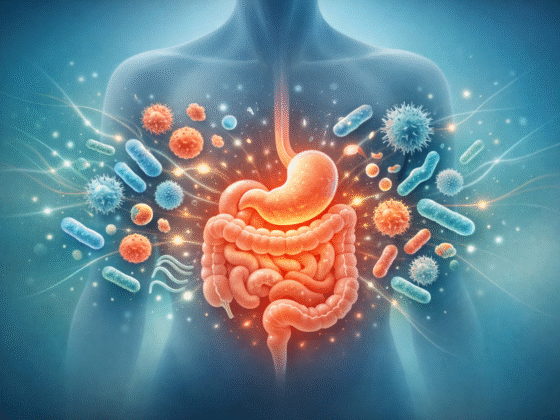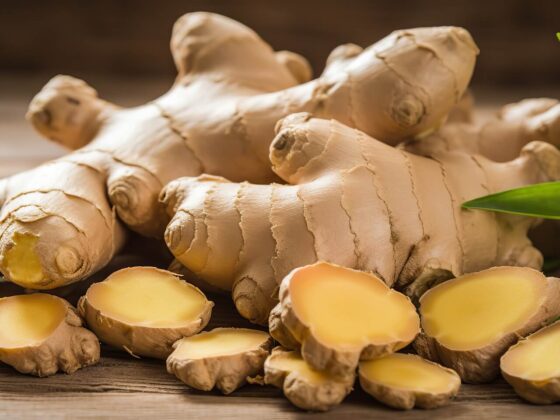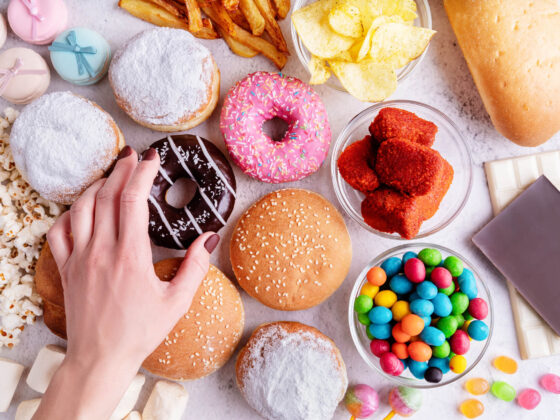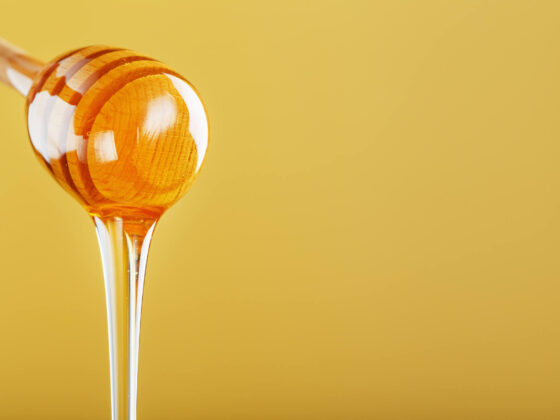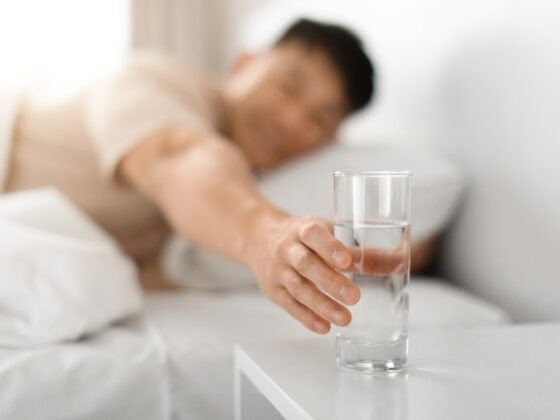Last Updated on 23rd September 2025 by Charlie Walsh
Let’s not mince words: zinc is the unsung hero of your sex life. You might know it as “that thing in your multivitamin,” or possibly as “that supplement bro influencers swear by,” but its role in male sexual function is much more significant than most realise – and, honestly, it deserves a bit of a standing ovation (pun very much intended).
Whether you’re dealing with low libido, struggling with energy levels in the bedroom, or simply want to stack the deck in your favour long-term, zinc is one of the most science-backed, naturally occurring minerals that supports everything from testosterone production to sperm motility – with side perks like immune support, faster recovery, and better skin. But today? We’re zooming in on the bedroom benefits. Because that’s what you’re here for, isn’t it?
So, What Exactly Is Zinc?
Let’s get the basics out of the way – zinc is an essential trace mineral. Which means: your body can’t make it, but it damn well needs it. It’s found in cells throughout the body, involved in hundreds (literally, hundreds) of enzymatic processes, and plays a central role in DNA synthesis, immune function, wound healing, and yes – the production of testosterone and healthy sperm.
You’ll find it in oysters, beef, pumpkin seeds, lentils, eggs, and fortified cereals. But here’s the catch: most men aren’t getting enough. Especially if you follow a plant-based diet, drink a lot of alcohol, or just… live in the modern world where soil depletion and processed food have quietly murdered nutrient density.
And if you’re low in zinc, your sex life is one of the first things to take the hit.
Zinc and Testosterone: The Link You Should Care About
Let’s cut straight to the hard truth: testosterone isn’t just about muscle mass or manliness. It’s your hormonal foundation – the thing that powers your sex drive, helps you maintain erections, regulates mood, and even affects how often you think about sex (which, for most guys, is a lot).
And zinc? It’s like the fuel that keeps your testosterone engine running.
Multiple studies have shown that zinc deficiency leads to significant drops in serum testosterone levels. In one particularly interesting trial, men who restricted zinc intake for just 20 weeks saw a massive drop in T-levels – and when zinc was reintroduced, those levels shot right back up. Another study in older men showed that zinc supplementation doubled testosterone levels over a six-month period. Yes, doubled.
Now, does this mean popping a few zinc pills will suddenly turn you into a wild stallion? Not quite. But if your zinc levels are low – and many men’s are – restoring them can make a noticeable difference.
Libido, Desire, and That Elusive Spark
Let’s talk desire. That feeling of being effortlessly horny – not because of stress or porn, but because your body and brain are fully on and aligned with your biological impulses.
Zinc plays a key role in dopamine production – that’s the “feel-good” neurotransmitter that fuels reward-seeking behaviour, including sex. Low dopamine = low motivation. Low motivation = meh libido. You see the problem.
In other words, if you’ve felt more “meh” than “must-have-you-right-now” lately, low zinc could be part of the puzzle. Restoring it won’t fix every issue, but it can help your body get back to a baseline where desire doesn’t feel like a chore.
Sperm Quality, Quantity, and the Big Finish
Zinc doesn’t just boost testosterone – it’s also important for healthy sperm production and fertility. And here’s where things get really compelling.`
Zinc is heavily concentrated in the prostate gland and seminal fluid. It protects sperm from oxidative damage, supports motility (how well they swim), and plays a vital role in the creation of the sperm itself. Men with higher seminal zinc levels tend to have better overall fertility markers, including higher counts and improved morphology (translation: fewer weird-shaped swimmers).
So if you’re trying to conceive – or just want to be in tip-top reproductive shape – zinc should absolutely be on your radar. It’s one of the most powerful natural ways to boost sperm count without resorting to pharmaceuticals or sketchy pills from obscure websites.
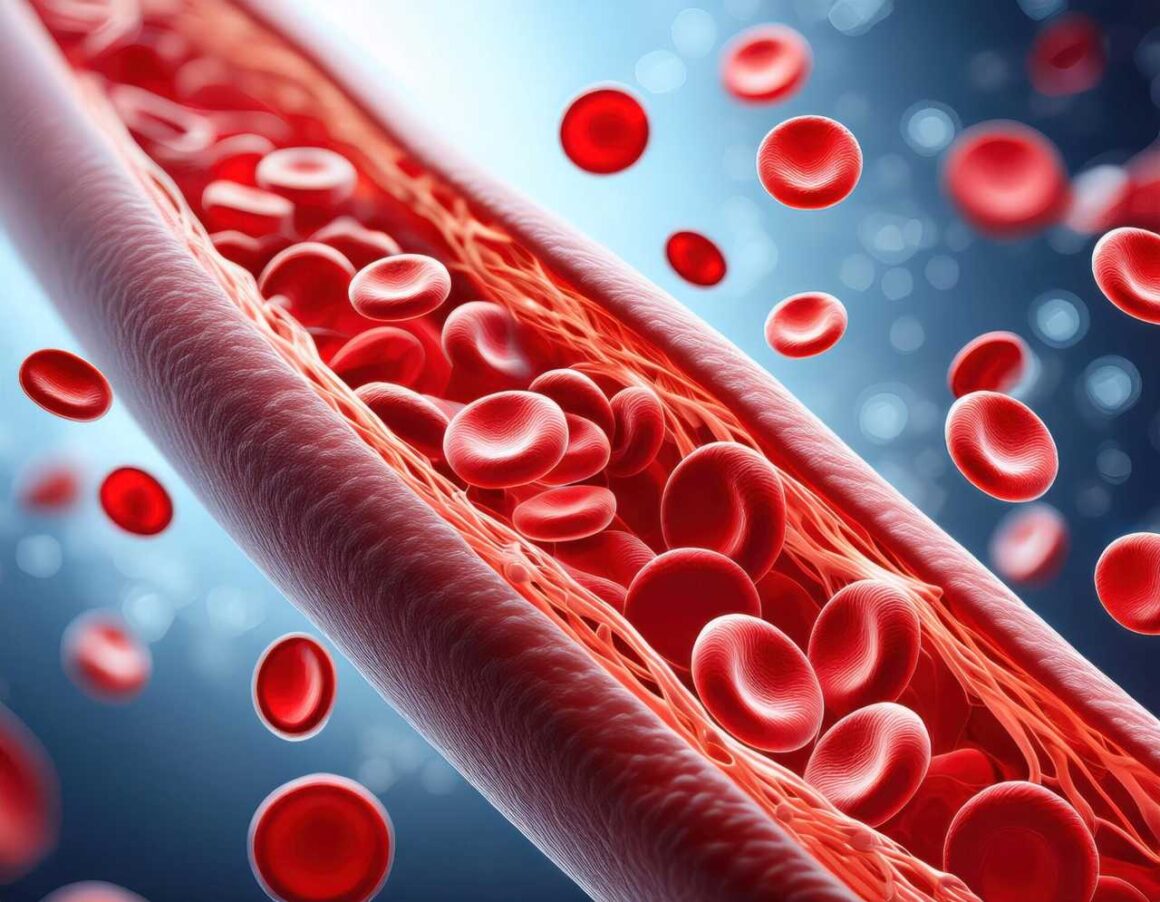
Okay, this one’s a bit more speculative – but still fascinating. Some research suggests that zinc may indirectly support healthy erections by improving endothelial function. That’s a fancy way of saying: better blood flow.
Zinc helps maintain the health of blood vessels, reduces inflammation, and supports nitric oxide production – a compound that relaxes blood vessels and allows more blood to flow where it needs to go. In other words: yes, zinc could help you get – and maintain – harder erections, especially if your issues are related to poor circulation or mild ED symptoms.
Is it a magic bullet? No. But in combination with lifestyle changes, exercise, and tools like our range of penis pumps built for results, zinc can be part of a holistic toolkit that gets your blood pumping in the right direction.
Mood, Stress and Sexual Performance – A Three-Way You Do Want
Let’s not ignore the elephant in the bedroom: stress. Performance anxiety, burnout, lack of confidence – these are some of the biggest libido killers out there, and they affect everything from arousal to ejaculation. The good news? Zinc helps here too.
It’s been shown to support adrenal function (which regulates your stress hormones like cortisol), and helps balance neurotransmitters in the brain. In one small study, zinc supplementation even reduced symptoms of anxiety and improved mood scores – which, let’s face it, makes sex more enjoyable for everyone involved.
Can You Have Too Much of a Good Thing?
Yes – and this is important.
While zinc is amazing for sexual health, too much zinc can backfire. The upper tolerable limit for adults is about 40mg per day – and megadosing beyond that can cause nausea, headaches, immune suppression, and even copper deficiency.
If you’re supplementing, aim for a daily dose of 15–30mg (ideally in the form of zinc picolinate or zinc citrate for better absorption). Always take it with food, and ideally alongside a multivitamin that includes copper – they work in tandem, and imbalance can be an issue over time.
Or, better yet, start with your diet: oysters, red meat, eggs, pumpkin seeds – all great sources of bioavailable zinc, and they come with other sexual-health-friendly nutrients like selenium, vitamin D, and healthy fats.
TL;DR
Here’s the takeaway: zinc is one of the most crucial nutrients for male sexual health, bar none.
It boosts testosterone, improves sperm quality, helps regulate libido, and might even support stronger erections – all while offering side benefits like better immunity, clearer skin, and faster recovery. It’s one of those rare supplements that actually does what it promises, as long as you’re not expecting miracles overnight.
So if you’re feeling a little flat in the sheets – not broken, just… less on than usual – it might be time to take a long, hard look (pun still intended) at your zinc intake.
Start with diet, layer in a smart supplement if needed, and combine it with penis pumps if you want to go all-in. Because in the end, performance isn’t about magic tricks – it’s about smart, science-backed strategies that stack the odds in your favour.
Final Thoughts
We’re not saying zinc will turn you into a porn star overnight. But it will help you get closer to your biological best – especially if your current routine is nutrient-depleted, stress-heavy, and not exactly built for optimal testosterone production.
Take it seriously. Track your intake. And remember: the benefits of zinc sexually aren’t just about more – they’re about better. Better desire. Better energy. Better control. Better
FAQs
Does zinc really increase testosterone?
Yes – especially if you’re deficient, which a lot of men are. Zinc plays a direct role in testosterone production, and several studies show that supplementing can significantly boost T-levels when you’re running low. If your hormones are dragging, zinc is a smart place to start.
How much zinc should I take daily for sexual health?
The sweet spot is usually between 15–30mg per day. Don’t go above 40mg unless you’re working with a doctor – more isn’t always better, and excess zinc can mess with copper absorption. Aim for zinc picolinate or citrate forms for better absorption.
What are the signs of low zinc?
Low libido, frequent colds, brain fog, poor wound healing, and weird taste changes – all potential signs. Low testosterone, in particular, can be linked to zinc deficiency. If you’re dragging sexually and physically, it’s worth investigating.
What foods are high in zinc?
Oysters (top of the list), red meat, eggs, pumpkin seeds, lentils, cashews, and whole grains. Animal sources tend to offer better absorption, but you can build a solid zinc intake with the right plant-based strategy too.
Can you take zinc with other supplements?
Yes – just watch out for interactions. High-dose calcium or iron taken at the same time can reduce zinc absorption. Ideally, take zinc with food, away from mega-doses of other minerals, and pair it with copper if supplementing long-term.
How long does it take for zinc to work sexually?
This isn’t a take-it-and-you’re-hard-in-30-minutes situation. Most guys notice improvements in energy, libido, and sexual performance within 2–6 weeks of consistent supplementation – but results vary depending on your baseline.
